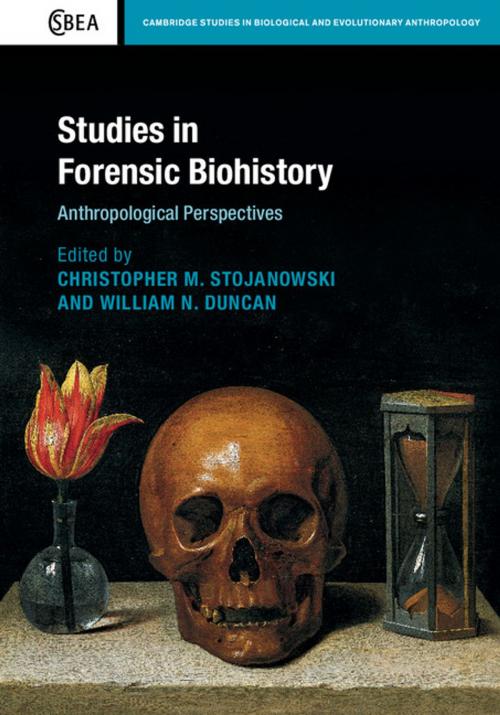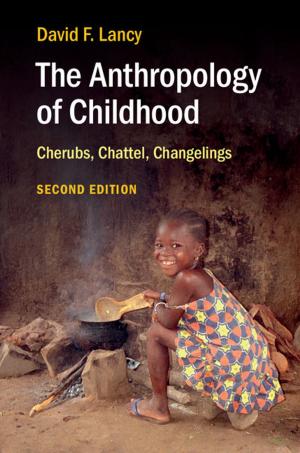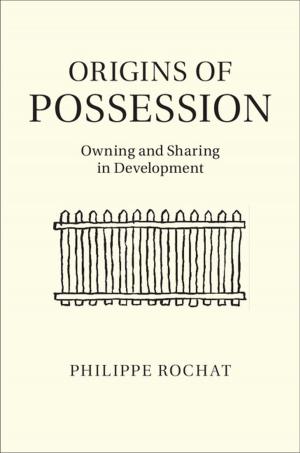Studies in Forensic Biohistory
Anthropological Perspectives
Nonfiction, Social & Cultural Studies, Social Science, Anthropology, Science & Nature, Science| Author: | ISBN: | 9781316942062 | |
| Publisher: | Cambridge University Press | Publication: | January 5, 2017 |
| Imprint: | Cambridge University Press | Language: | English |
| Author: | |
| ISBN: | 9781316942062 |
| Publisher: | Cambridge University Press |
| Publication: | January 5, 2017 |
| Imprint: | Cambridge University Press |
| Language: | English |
The lives of kings, poets, authors, criminals and celebrities are a perpetual fascination in the media and popular culture, and for decades anthropologists and other scientists have participated in 'post-mortem dissections' of the lives of historical figures. In this field of biohistory, researchers have identified and analyzed these figures' bodies using technologies such as DNA fingerprinting, biochemical assays, and skeletal biology. This book brings together biohistorical case studies for the first time, and considers the role of the anthropologist in the writing of historical narratives surrounding the deceased. Contributors theorize biohistory with respect to the sociology of the body, examining the ethical implications of biohistorical work and the diversity of social theoretical perspectives that researchers' work may relate to. The volume defines scales of biohistorical engagement, providing readers with a critical sense of scale and the different paths to 'historical notoriety' that can emerge with respect to human remains.
The lives of kings, poets, authors, criminals and celebrities are a perpetual fascination in the media and popular culture, and for decades anthropologists and other scientists have participated in 'post-mortem dissections' of the lives of historical figures. In this field of biohistory, researchers have identified and analyzed these figures' bodies using technologies such as DNA fingerprinting, biochemical assays, and skeletal biology. This book brings together biohistorical case studies for the first time, and considers the role of the anthropologist in the writing of historical narratives surrounding the deceased. Contributors theorize biohistory with respect to the sociology of the body, examining the ethical implications of biohistorical work and the diversity of social theoretical perspectives that researchers' work may relate to. The volume defines scales of biohistorical engagement, providing readers with a critical sense of scale and the different paths to 'historical notoriety' that can emerge with respect to human remains.















